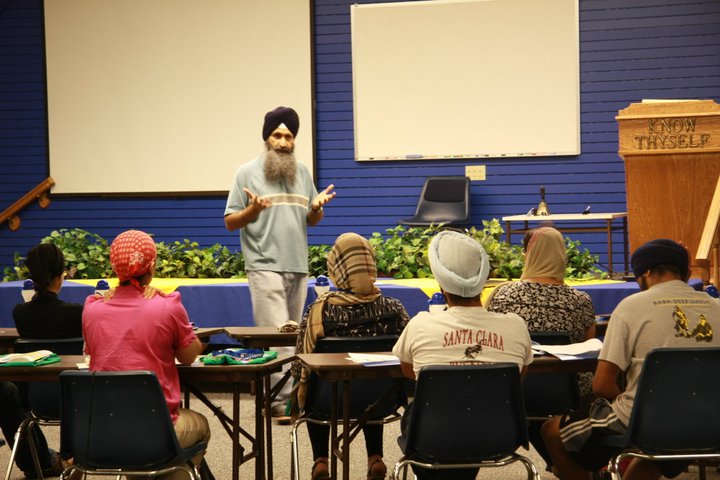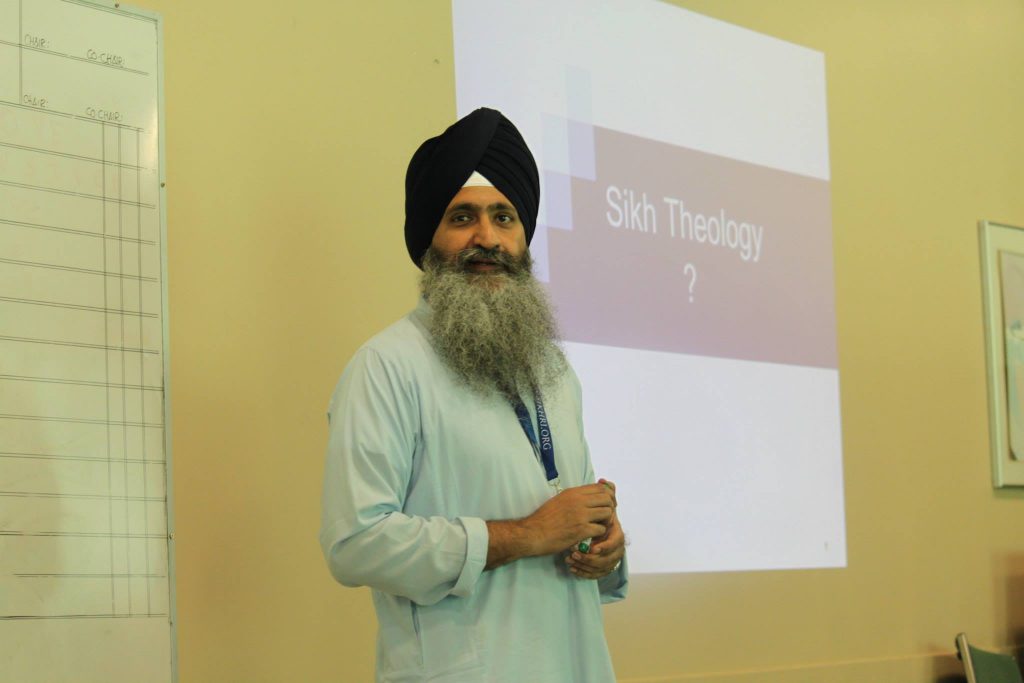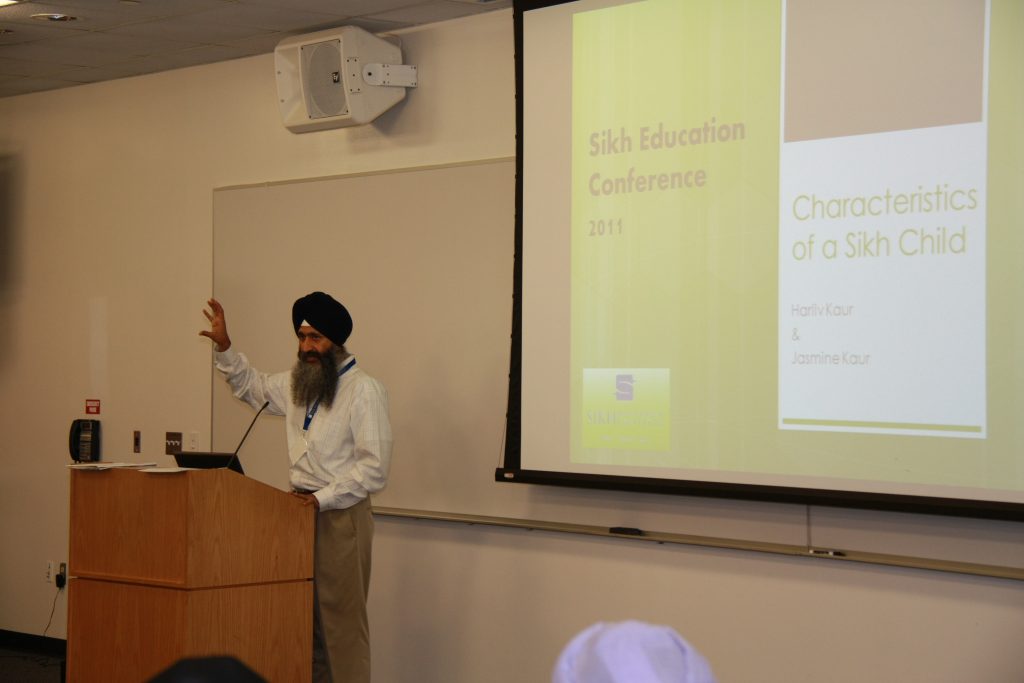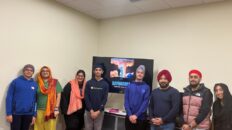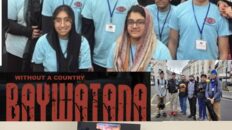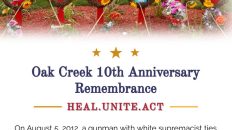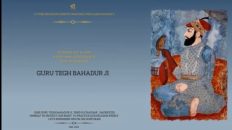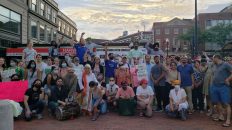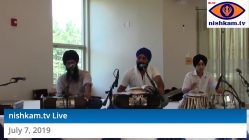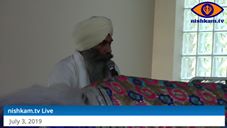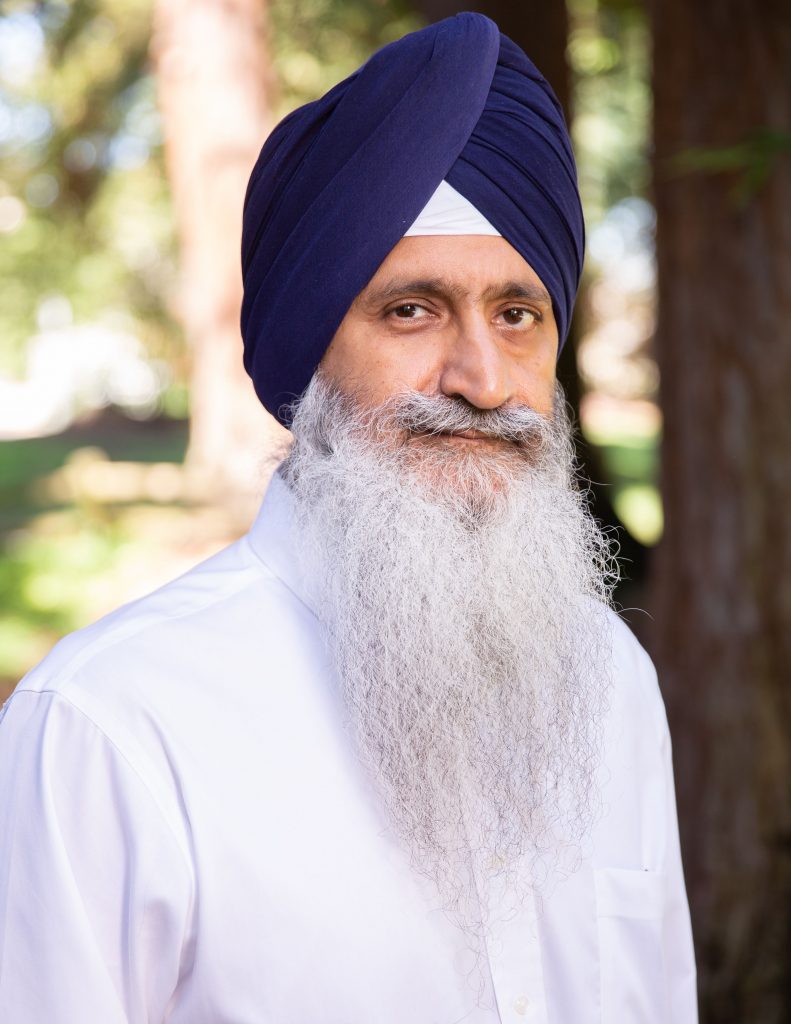
Q: Briefly tell our readers about your journey from India to USA?
A: I was born in New Delhi, but most of my life I have lived outside of India. Three years in Japan, then five years in Canada, then back to Japan which was home base. I did spend two years in New Delhi with my nanke (maternal grandparents) and five years in boarding school in Mussoorie in India, but home was always Kobe, Japan. Eventually after 1984 I remained in Japan and finished up high school. I ended up going to college in Worcester, MA and have remained here in the USA for the past 33 years. Oh yes, in between I spent 3 years back in Toronto, Canada for a startup and then about 1 year in Munich, Germany as our startup was bought by a German company. I really feel fortunate to have been educated and brought up in four different countries, experienced so many different cultures and now maintain familiarity with various languages of the places where I lived. I consider myself a humble citizen of the world, an actual citizen of the United States and have a special place in my heart for Japan because of my family’s long term roots there ( since the 1950s). I am now living and continuing the journey in Chelmsford, MA with my family.
Q: What is Sikhri? What’s your role in it?
A: SikhRI or Sikh Research Institute is a global non-profit founded in 2003 whose mission is to provide educational resources to Sikhs to lead a Guru inspired life. SikhRI exists to connect people with the teachings of Sikhi, making them accessible and easy to digest, for people of all ages, genders and backgrounds. I began my association with SikhRI soon after its founding in 2004 where I volunteered at their flagship Sidak program as a guest lecturer at one of the workshops on Sikh ethical living. Since then I have had multiple roles as board of advisor, board of director, chairperson of the board but overall I am there as an advocate of the mission and an active participant in furthering it.
Q: What made you so deeply rooted in Sikh community & Sikhi?
A: The short and easy answer to that of course is I truly believe that it is all based on Guru’s kirpa or grace. I was fortunate to grow up in a family that had a great connection to the Guru Granth Sahib but I really started engaging with the teachings of the Gurus and history of our people towards the end of my college years. Some Sikhs of my age will remember a loose network of Sikh youth during the late nineties called the “Sikh Network” or “synet”. I was heavily involved with that group and can confidently say that my connection with gurbani and everything Sikhi grew by leaps and bounds as we held weekly and bi-weekly gurbani meetings where we discussed bani and Sikh history. I attended and facilitated at retreats and those engaging and development years had laid the foundation for me to engage in more formal circumstances as camp gurmat class and workshop facilitator as well as of course lead instructor for SikhRI’s Sikhi 101 track at Sidak (www.sikhri.org/sidak).
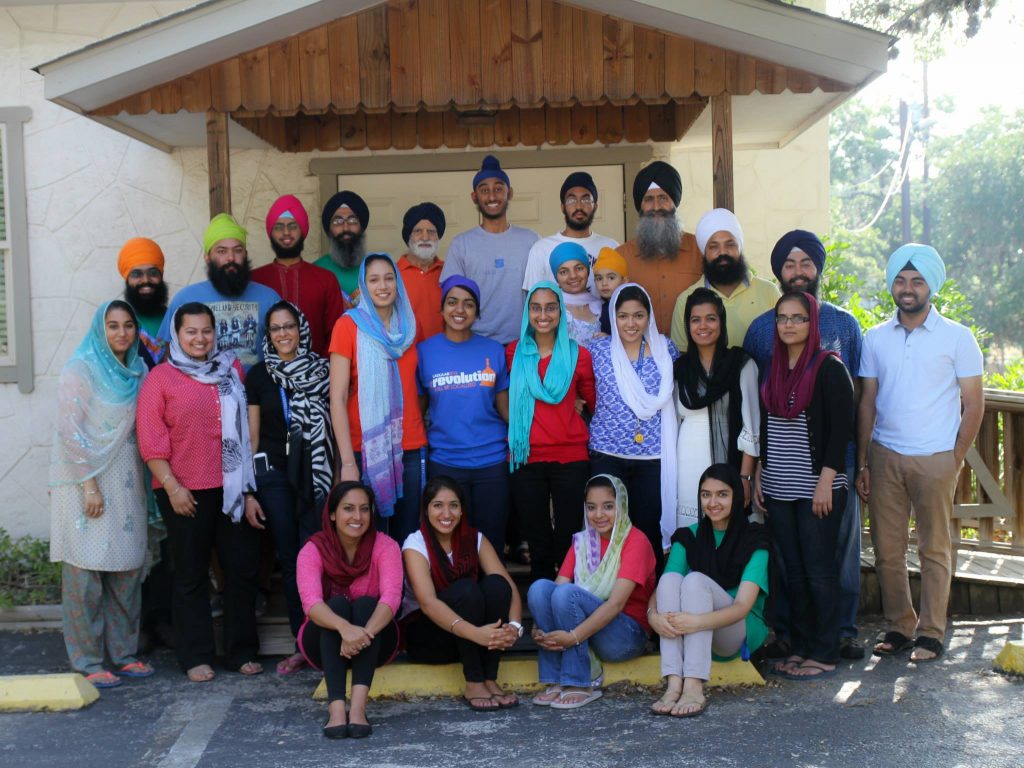
I continue on the journey and whenever needed and called upon by the sangats around me I engage in facilitating, teaching, learning and sharing as best as possible.
*Who has impacted you most in your life and how?
A; It may be a cliche, but of course my grandparents had a huge impact on my life as did other Sikhs. Even though I never met him in person, the stories of my dada ji (paternal grandfather) had a big impact on my outlook of life . My dada ji was the principal of Khalsa English School in Medan, Indonesia in 1933, he was one of the founders of the Gurdwara in Kobe, Japan in the late 1950’s and was fluent in 14 different languages. The stories of his adventures during World War II invasion of Japan in Indonesia, his subsequent travel to Japan and then the building of his business there have been very inspiring.
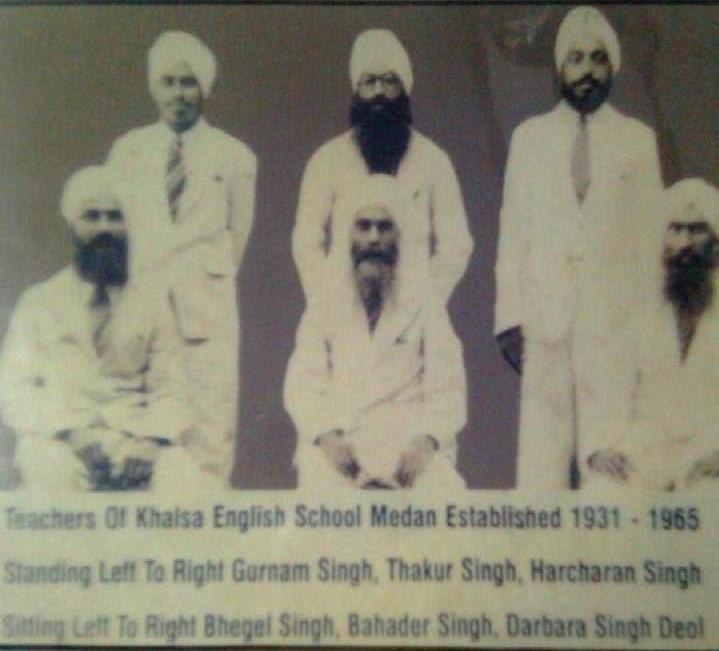
Also, I was fortunate to have spent time with my nana ji (maternal grandfather) who was a retired member of the Indian army. He gifted me my very first book on Sikh studies – The Sikh Revolution by Jagjit Singh. He had a habit of reading a book, underlining his favorite parts of the book and then gifted it to me after writing a note in his excellent hand writing on the first page of the book. His act of doing that is mesmerizingly emotional but the fact that the book he gave me is a standard part of SikhRI’s Sidak curriculum many years later is also very telling of his knowledge and understanding of the unique revolutionary nature of Sikhi.
Finally, I would be remiss to not mention one more person who has had an impact on me and even to the extent of impacting the way in which I physically walk on the streets of life. His name is Bob and he was a member of the custodial staff at Worcester Polytechnic Institute (WPI), my alma mater. Bob had been through a heart surgery and to keep up his health used to roller skate around campus. One day as I was walking from class to my dorm he skates up to me and asks me what was wrong. I was surprised as nothing was wrong I was just casually strolling back to my room. He said he saw me walking with my head facing down and advised me that if nothing is wrong then I should always walk with my head straight and tall as it exudes a sense of confidence that all of us have inside of us. Since that day I have always walked with my head facing forward and tall whilst cherishing my Vahiguru gifted confidence from inside. Many years later I realized that Bob’s message to me aligned perfectly with Guru ji’s message of recognition of the Sovereignty within us – man tu jot sarup hai, apna mul pachan. man hari ji tere nal hai, gurmati rang man (oh my mind, you are the embodiment of the One Divine Light, recognize your origin).
Q: What is the motivation behind being part of interfaith events ?
A: During 9/11 I was serving as the secretary of the New England Sikh Study Circle (NESSC) committee in Milford, MA. It was a time of great uncertainty, fear and doubt within the Sikh community. Faith organizations came together to counter the increase in hate mongering and that is when I got seriously involved. My involvement has reduced a little but I do attend every opportunity I get and now it is more to ensure that the Sikh voice is also shared at these kinds of events. It has been a great learning experience and rewarding to hear the positive response when others learn about our faith.
Q: What is your role in Nishkam TV?
A: I am simply a well wisher and appreciator of the work being done by the whole team at Nishkam TV. As I am called upon to help I will do so in whatever capacity I can.
Q: What is your advice to today’s youth and especially Nishkam TV kids ?
A: In order to tell great stories we need to know (and live) our own stories. With the right guidance and resources, Nishkam TV kids have a golden opportunity to tell the right story not only to the global Sikh community but also the global community at large. If they can stick to the mission and really leverage the foundational message of gurbani and applicable lessons from Sikh history they can truly create a transformative experience for themselves and more importantly for the sangats that they serve.
Q: What’s your expectations/vision for Nishkam TV?
A: As mentioned previously, Nishkam TV has the opportunity to become a great outlet and voice for the Sikhs where our stories can be told in creative and receptive ways for the world at large. My expectation is for the program to grow, become self sustaining and remain independent in creating original content. I hope it remains fresh and new whilst maintaining the original message of the Gurus and examples of the episodes of the Guru’s and Gursikh’s history as its constant inspiration.
